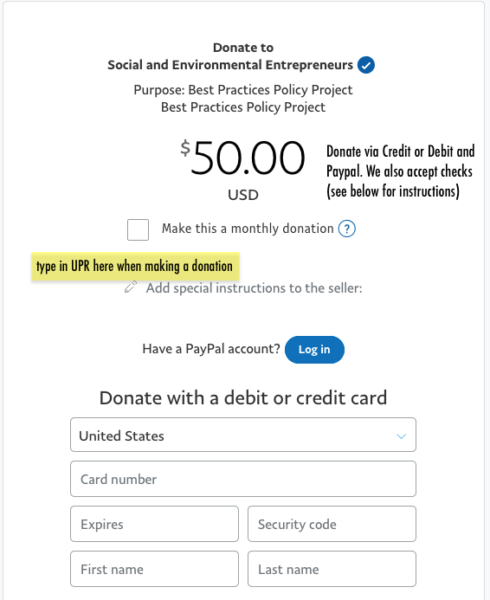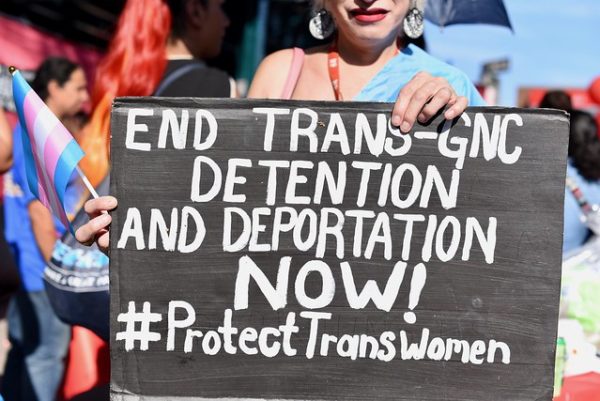Breaking down barriers to attend International AIDS Conferences is a central element of BPPP’s work. Attending the conferences allows sex worker, drug user, indigenous and trans rights representatives, who have been marginalized repeatedly in the HIV/AIDS discourse, to forge global connections, protest, educate and be heard. The International AIDS Society has made the incorrect decision to host AIDS2020 in San Francisco in ways that even further marginalize our communities and place global attendees at risk should they attempt to enter the United States at a time of violence and oppression at US borders.
One of BPPP’s key partners in HIV/AIDS policy work is the Outlaw Project. We have been vocal participants in actions to pressure to move the conference from San Francisco. Now that official AIDS2020 deadlines approach we want to share our thinking with community members who may be struggling with what steps to take. Our approach is that our communities are NOT to blame for the mistakes of the IAS and we will not shame or question decisions people make to have their voices heard or to protest. This is their mess, not ours. We encourage people from our communities to apply to present in all aspects of AIDS2020 (deadline for Abstracts is January 14, 2020) and to apply for a scholarship by January 15, 2020 (11:59pm CET/5:59pm EST/2:59pm PST). This is called “getting a foot in the door” so that we will have space and whatever funds available to get activists to San Francisco as needs be. We will not be silent. We will be reaching out and working with local groups in San Francisco to follow their lead and sharing resources so that people who choose to go to AIDS2020, know the risks they are facing, have the best accommodation possible and are in solidarity with local organizations. Please reach out to us at hivaidsbppp@gmail.com if you need any help applying for AIDS2020 and check out our webinar recording from 2018 about how to apply.
#Move! Secondly, we support alternate conference sites in countries other than the US and we will also be fundraising for people to go to these alternate conferences just as we did for AIDS2012. However, relatively few members of our community can travel due to restrictions on travel documents placed on our US based members because of the prison industrial complex and other oppression. We support actions inside and outside of the US to hold AIDS2020, the US and the IAS accountable.
Please reach out to us at hivaidsbppp@gmail.com if you have any coalition you would like us to join or if you would like to join with us. We are working with numerous organizations not listed here who inform our approach.












